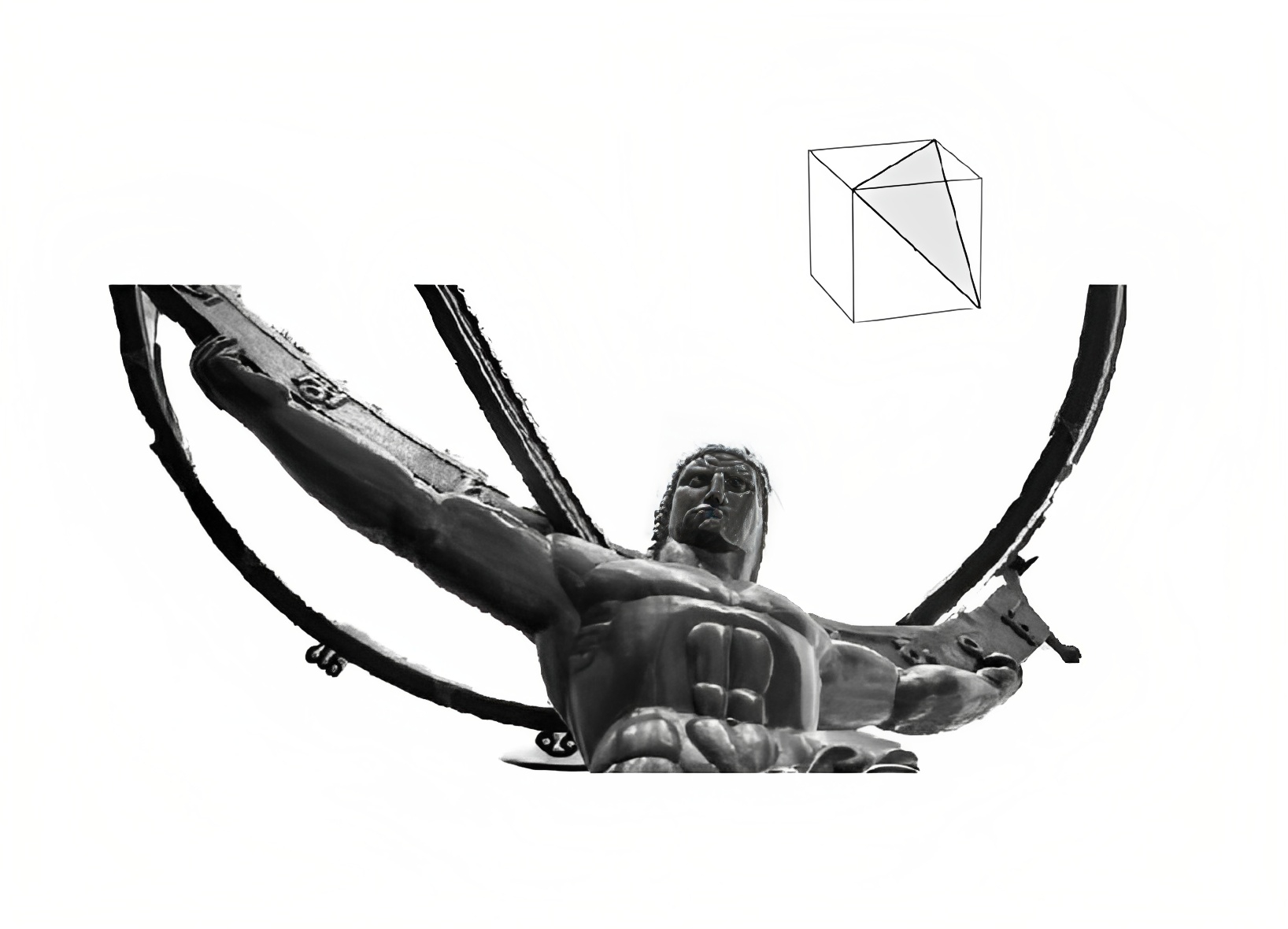Zeitgeist of Modernity: Quo vadis?

In this course, we trace the roots of contemporary problems to the most significant beliefs, assumptions, and concepts of the paradigm of Modernity. Knowledge about important features of modern society will allow you to develop more informed long-term plans.
Course Description
Keywords: Clockwork paradigm, balance, (in-)equality
The course delves into the roots and principles of Modernity to analyze and comprehend the dynamics of the world we live in. Through an exploration of key historical events and influential ideas, students will develop a comprehensive understanding of the social, economic, and philosophical foundations that shape our modern society.
We analyze Modernity through the examination of the core concepts and values of Modernity and their impact on various aspects of human life. The course explores the interplay between economic systems, international relations, societal structures, and individual beliefs, shedding light on the complexities of our modern world.
Objectives:
- Evaluate Assumptions of Modernity: Students will critically evaluate the core assumptions of Modernity, including the belief in a mechanistic universe, the pursuit of efficiency, boundless freedom, and rationality. By examining these assumptions, students will gain a nuanced perspective on the benefits and limitations of the Modern paradigm in addressing societal challenges.
- Analyze the Core Concepts of Modernity: Students will critically examine the fundamental principles of Modernity, including scientific discoveries, balance of power in international relations, and the separation of powers. By tracing the origins and development of these concepts, students will gain insights into their enduring influence on contemporary society.
- Understand Contemporary Social Issues: Through case studies and discussions, students will examine a range of contemporary social issues, such as globalization, economic inequalities, cultural clashes, and environmental challenges. By applying the principles of Modernity, students will gain a deeper understanding of the underlying factors contributing to these issues and explore potential solutions.
- Foster Critical Thinking and Reflection: The course encourages students to engage in critical thinking and reflection on their own beliefs and values in light of the principles of Modernity. Through discussions, debates, and written assignments, students will develop their analytical and evaluative skills, allowing them to form well-reasoned arguments and opinions.
The course provides a unique opportunity for participants to delve into the historical, philosophical, and sociocultural underpinnings of modern society. By examining the principles and values of Modernity, students will develop a deeper understanding of the complex challenges and opportunities present in our contemporary world.
Zeitgeist of Modernity: Quo vadis?

In this course, we trace the roots of contemporary problems to the most significant beliefs, assumptions, and concepts of the paradigm of Modernity. Knowledge about important features of modern society will allow you to develop more informed long-term plans.
Course Description
Keywords: Clockwork paradigm, balance, (in-)equality
The course delves into the roots and principles of Modernity to analyze and comprehend the dynamics of the world we live in. Through an exploration of key historical events and influential ideas, students will develop a comprehensive understanding of the social, economic, and philosophical foundations that shape our modern society.
We analyze Modernity through the examination of the core concepts and values of Modernity and their impact on various aspects of human life. The course explores the interplay between economic systems, international relations, societal structures, and individual beliefs, shedding light on the complexities of our modern world.
Objectives:
- Evaluate Assumptions of Modernity: Students will critically evaluate the core assumptions of Modernity, including the belief in a mechanistic universe, the pursuit of efficiency, boundless freedom, and rationality. By examining these assumptions, students will gain a nuanced perspective on the benefits and limitations of the Modern paradigm in addressing societal challenges.
- Analyze the Core Concepts of Modernity: Students will critically examine the fundamental principles of Modernity, including scientific discoveries, balance of power in international relations, and the separation of powers. By tracing the origins and development of these concepts, students will gain insights into their enduring influence on contemporary society.
- Understand Contemporary Social Issues: Through case studies and discussions, students will examine a range of contemporary social issues, such as globalization, economic inequalities, cultural clashes, and environmental challenges. By applying the principles of Modernity, students will gain a deeper understanding of the underlying factors contributing to these issues and explore potential solutions.
- Foster Critical Thinking and Reflection: The course encourages students to engage in critical thinking and reflection on their own beliefs and values in light of the principles of Modernity. Through discussions, debates, and written assignments, students will develop their analytical and evaluative skills, allowing them to form well-reasoned arguments and opinions.
The course provides a unique opportunity for participants to delve into the historical, philosophical, and sociocultural underpinnings of modern society. By examining the principles and values of Modernity, students will develop a deeper understanding of the complex challenges and opportunities present in our contemporary world.
